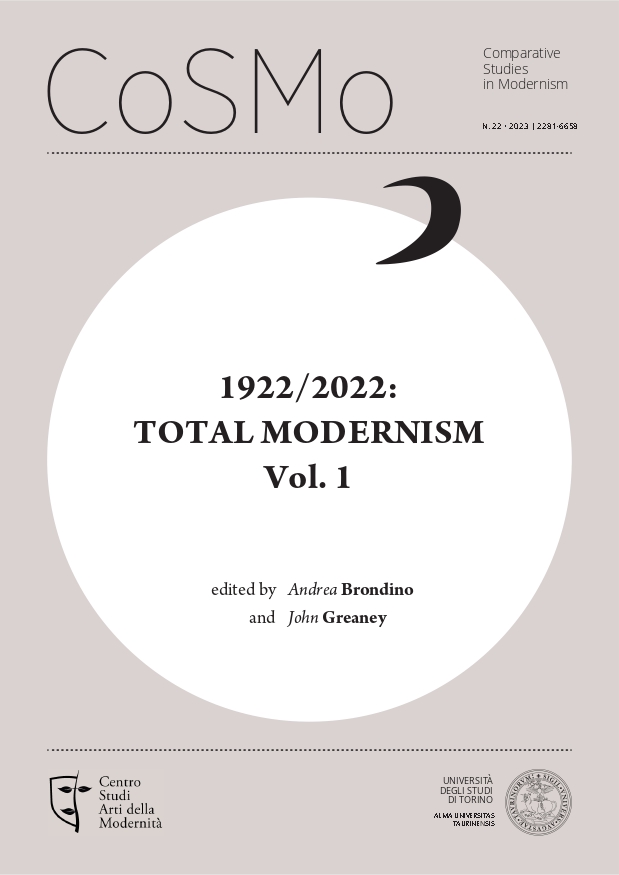Sorting Debris
Another Look at the Modernist Urbanism Experiment
DOI:
https://doi.org/10.13135/2281-6658/7105Parole chiave:
Modernism, Urbanism, Post-War, Mass Housing, Berlin, BrasiliaAbstract
Thinking about modernist urbanism as a period in architecture with potential for the future of cities has been outside the canon for several decades. But from a critical viewpoint, the postmodern stance on modernist mass housing continuously failed to dissociate high modernist urbanism as a unified architectural project from its socio-political, economic, and infrastructural context. While the public image of the projects declined, the architectural canon shifted away from modernist urbanism. And although modernist architecture as a whole recovered from the trauma, the urbanist branch became infamous for failing. However, since the birth of total modernism, its architecture has always been about experimentation and failure. One hundred years later and once again—for different reasons—we confront similar needs for affordable, inclusive housing for never-ending streams of migration clashing with the ecological imperative to free up land to regreen our cities affected by global warming. Although different times bring different requirements, the first waves of modernist experiments had already invented the basic tools. A refreshed moment of attention that negotiates the potential of modernist urbanism could fill the gaps and nuance the postmodernist critique. What does all this mean for urbanism today, and what can it learn from modernist urbanism?
Downloads
##submission.downloads##
Pubblicato
Fascicolo
Sezione
Licenza
Gli autori mantengono i diritti sulla loro opera e cedono alla rivista il diritto di prima pubblicazione dell'opera, contemporaneamente licenziata sotto una Licenza Creative Commons - Attribuzione che permette ad altri di condividere l'opera indicando la paternità intellettuale e la prima pubblicazione su questa rivista.







